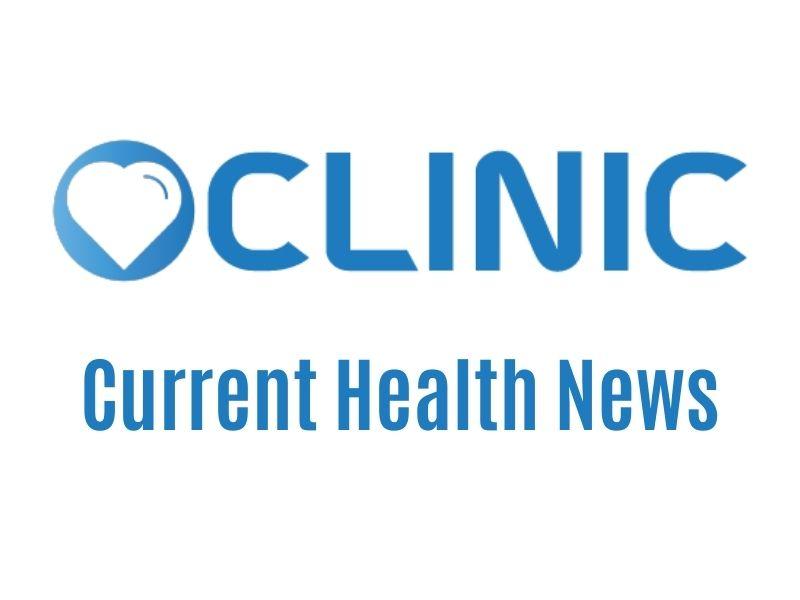Blood Pressure, that is, blood pressure, is the pressure exerted by the blood inside the vessel to the vessel walls during its flow. It depends on the amount of blood pumped by the heart and the resistance of the vessels against this flow. A persistent blood pressure of 140/90 mmHg or higher is called hypertension.
Hypertension is one of the most important health problems in the world today. Hypertension is the number one risk factor among preventable causes of death in the world. When these values are adjusted for age groups and gender, the prevalence of hypertension in Turkey was found to be 31.8%. In the group over 75 years old, about three out of four people have hypertension. Hypertension is found to be higher in women (36.1%) than in men (27.5%) in Turkish society. And again, this tightness increases with age. Hypertension can lead to some complaints such as headache and dizziness. can occur without causing any complaints. Although hypertension does not cause any complaints, it is one of the most important causes of stroke, heart diseases, heart failure and kidney diseases in the long term and is diagnosed only by blood pressure measurement. About sixty percent of people with high blood pressure in our country are not aware of this disease. This is why regular blood pressure measurement is so important. If it is noticed, high blood pressure can often be controlled. Changes in dietary habits and exercise often lower blood pressure. In addition, blood pressure can be controlled by using various blood pressure medications with the doctor’s recommendation. Only 20% of patients who are diagnosed and treated are under control. Controlling blood pressure reduces deaths due to cerebrovascular diseases such as heart diseases and stroke, slows down the progression of kidney failure, and eliminates the need for dialysis, which is people’s fearful dream.
Dialysis and kidney transplant patients, the number of which is increasing rapidly in the world and naturally in our country, is the primary cause of primary disease, followed by diabetes in the first place and hypertension in the second place. Prevention of chronic renal failure is closely related to the control of hypertension. The kidneys are both the cause and the victim of hypertension.
Since hypertension is a disease that affects the vessels, it also chooses the kidneys as target organs, such as the heart and brain. We call this hypertensive kidney disease. The reason for this is that the increase in pressure in the glomeruli (balls) consisting of capillaries, which is the smallest functioning organ of the kidney, causes loss of function of this tissue, the kidneys shrink and go to failure. For this reason, while the treatment target is 140/90 mmHg in a high blood pressure patient without kidney disease, the lower target value is accepted as 130/85 if there is kidney disease. An important point to be noted is that kidney failure accelerates the process of atherosclerosis, reveals cardiovascular diseases, and a vicious circle and high blood pressure further advances the loss of kidney functions. Hypertension is the trigger in this dangerous, life-threatening process.
Relationship between Salt and Hypertension: As we mentioned above, salt intake in the diet exceeding the salt excretion capacity of the kidneys, or low salt excretion capacity due to a decrease in the kidney mass due to chronic kidney diseases and advanced age, is a frequent cause of hypertension. has an approaching salt consumption; this is about five times what it should be. In today’s society, the habit of eating fast-food, the necessity of eating out, the increase in the food prepared with canned salt on our tables has increased and continues to increase the number of people with hypertension. If a patient with hypertension treatment cannot provide salt restriction in meals, he or she cannot benefit from drugs, and has to endure the dangerous life consequences of hypertension.

